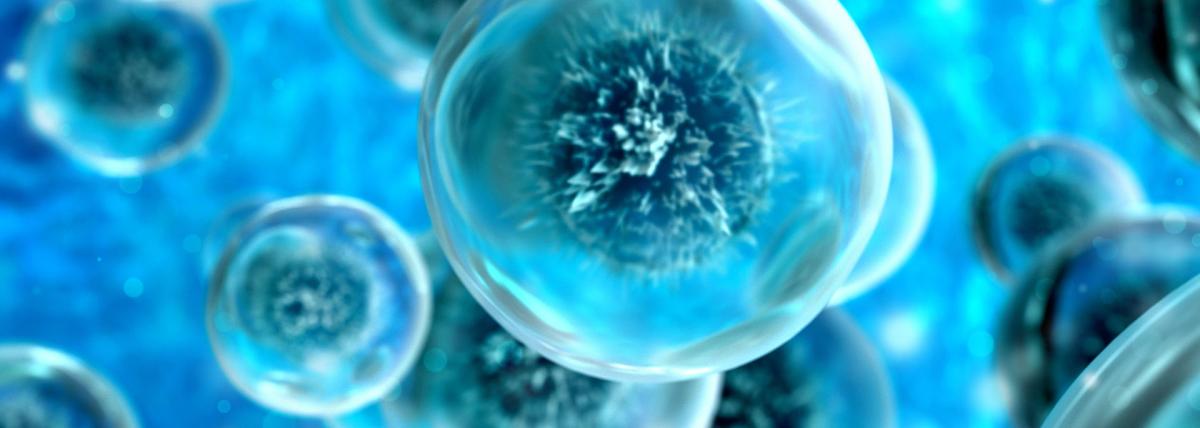Grades:
9th Grade, 10th Grade, 11th Grade, 12th Grade
Plants are the basis for nearly all agricultural production. Agricultural plant crops produce food, fiber, fuel, and aesthetically pleasing plants. Plants utilize energy from the Sun to convert water
Grades:
6th Grade
Students will create and study and ecosystem on a small scale with seeds.
Grades:
7th Grade
This lesson plan is written for 7th grade science but can be modified to be used with any age group. Students will create petri dishes and will collect samples from bathrooms. Students will then
Grades:
6th Grade
In this unit, students will study the effects of air pollution and engineer an environmentally friendly air filter to reduce pollutants in the air using common household items and recycled materials
Grades:
7th Grade
Students create a video-tutorial that talks about Direct and Inverse Variation in this creative lesson. This material will showcase their full understanding about the type of variation they have
Grades:
6th Grade
Students will plant and observe plants from seed to full germination while making observations on growth in this engaging lesson. This will be done using a science notebook to record germination
Grades:
6th Grade, 7th Grade, 8th Grade
Lesson Summary: Students code sprites in scratch to animate the Central Dogma of Biology Materials: Laptops Agenda: The teacher will introduce a list of items like the following: aquarium, bicycle
Grades:
5th Grade
Power point with parts of a flower, worksheets and short quiz provided
Grades:
6th Grade
In this lesson, students will identify the significance of the shapes found in and around their home. Making these connections will provide a real-world framework to their understanding of mathematics
Grades:
5th Grade
This is the second lesson in the series of lessons comparing how garden growing techniques determine plant growth/production. In this lesson, students will research the best types of plants to grow
Grades:
6th Grade
In this unit, students will study the effects of acid rain and chemically engineer an environmentally friendly solution to neutralize the acid in a simulated river contaminated by factory run-off
Grades:
4th Grade
This would be an end of the unit project. Students would need prior knowledge about animal adaptations and biomes/habitats. Students will use Flipgrid to share, but you could use any other video app
Grades:
5th Grade
Students will germinate seeds and record any observations during the process.
Grades:
6th Grade, 7th Grade, 8th Grade
Students will learn about the food chain, and the American Kestrel's place in it. Students will be able to classify organisms, construct a model of the North American Kestrel’s role in the food web
Grades:
4th Grade
Students will learn how weather and climate can impact planting in this second lesson out of 4. Agenda What is weather? What is climate? What is the difference between weather and climate? How will
Grades:
6th Grade
In this lesson, students will identify the significance of the numbers found in and around their home. Making these connections will help strengthen number sense and provide a real-world framework to
Grades:
4th Grade, 5th Grade, 6th Grade, 7th Grade, 8th Grade
Classes will prepare several garden bins for planting. By using a tape measure, students take into consideration the recommended distances of seed planting described on the seed packet and the
Grades:
6th Grade
Students will construct a model of an ocean habitat to simulate an oil spill. They will then make observations about the behavior of the oil in the water and on the various items in the habitat model
Grades:
5th Grade
Students will individually construct straw rockets. Using the launcher, students will learn the concept of Newton's third law of motion: for every action, there is a equal and opposite reaction
Grades:
6th Grade
In this 3rd and final lesson in a series of 3, students examine prior knowledge about the real-world problem of the Great Pacific Garbage Patch and apply their findings to design solutions. Students
Grades:
4th Grade, 5th Grade, 6th Grade
In this engaging lesson, students will summarize the environmental impact of obtaining and using fossil fuels and recommend solutions for reducing use of fossil fuels. Students use chocolate chip
Grades:
1st Grade
Students will grow to understand what decomposition is and why it is a vital part to their compost bins success.
Grades:
3rd Grade, 4th Grade, 5th Grade, 6th Grade
Over two days students will build lego mazes to code their Sphero minis through. Materials needed are; the planning page, legos, Sphero minis, Sphero EDU App, iPads, and Lego build plates.
Grades:
Kindergarten, 1st Grade, 2nd Grade
Students will be learning about the life cycle of a potato, how to grow potatoes, and measuring the growth of the stems. You'll need potatoes that are ready to plant, garden space, or tubs to put the
Featured Lesson Plans
Check out these notable lesson plans.

Grades:
6th Grade
In this unit, students will study the effects of air pollution and engineer an environmentally friendly air filter to reduce pollutants in the air using common household items and recycled materials

Featured
Mosquito Management
Grades:
3rd Grade, 4th Grade, 5th Grade
This lesson takes place in as classroom for one or more 60 minute class periods. The data collection portion may continue for 2+ weeks (or whatever time frame you decide). An emphasis is placed on the

Featured
Bee-Bot Mazes
Grades:
Kindergarten, 1st Grade
Students collaborate to create mazes for the Bee-Bot robot. Students also work in teams to plan and create programs to move Bee-Bots through the maze. For this lesson, students work in groups of 2-3


